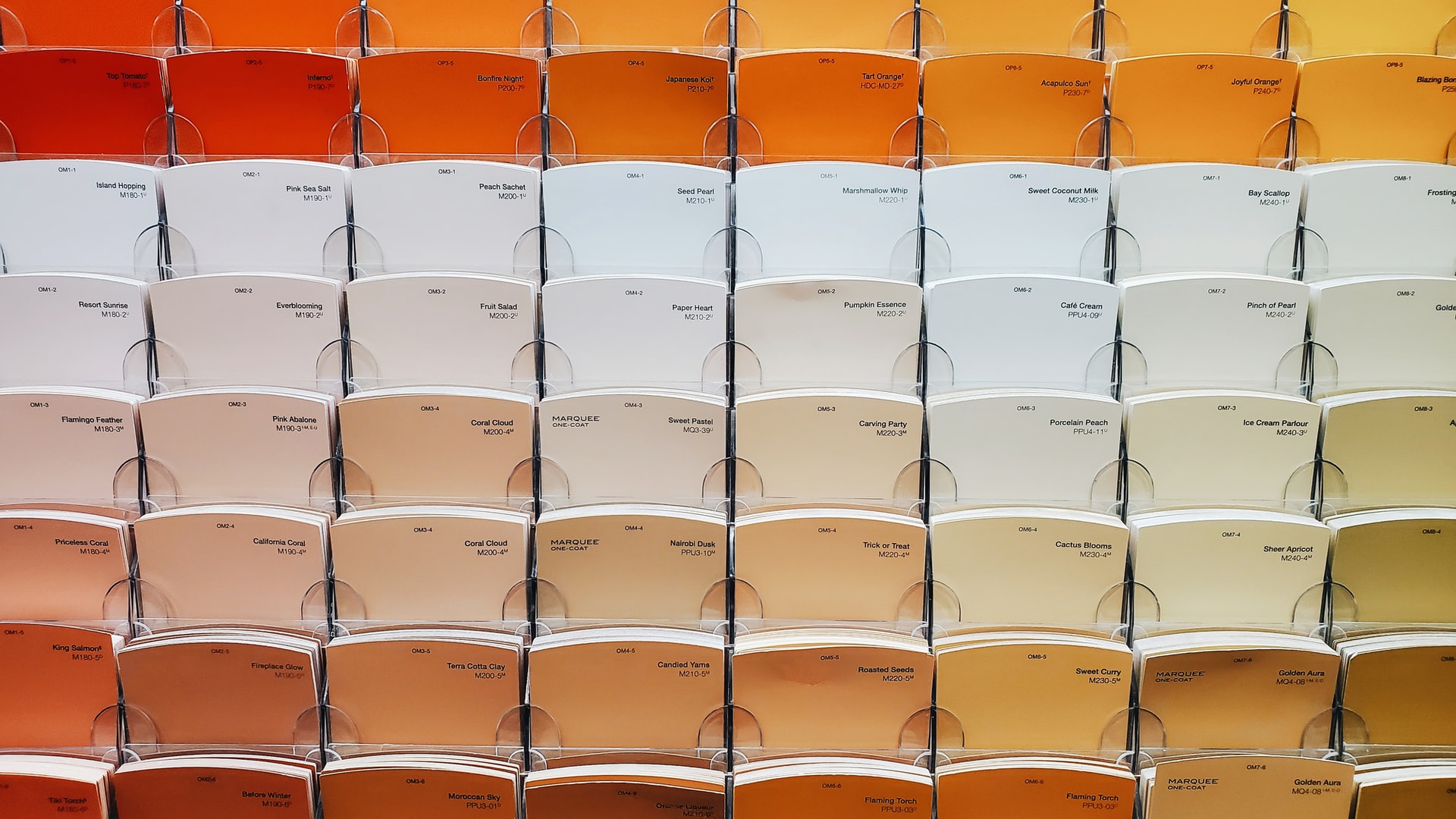You’ve opted for open access, you’ve got funding, but now your publisher offers you a choice of licence – which should you choose
An APC is a payment to the publisher for the article to be made available on an open access basis.
When you have funding to pay an APC, under a Read and Publish agreement or a successful separate application, you will be offered the chance to choose a licence. Usually, this is a Creative Commons (CC) licence. Creative Commons licences range from CC0 which is the least restrictive to CC BY-NC-ND which places restrictions on reuse. (Have a look at our web page about copyright and licences for your own work.)
The only licences under this schema that are truly open access are CC0, CC BY and CC BY-SA. The CC BY licence is standard for funder open access policies. It is required by UKRI, Wellcome and other signatories to Plan S, including the University of Kent. Therefore, if you are using UKRI, Wellcome, European Commission or University of Kent funds you should select a CC BY licence.
Why we recommend CC BY
CC BY: This is the most open licence, but it still requires the re-user to give attribution to the author and include a full citation when any derivative works, or copies are distributed (that is the BY bit). This means your work will get the maximum exposure and you will still be credited as the author. It allows onward work and makes it clear how your work should be re-used beyond Copyright law exceptions.
Why we don’t recommend a CC BY ND or CC BY NC
You may be offered a licence that includes an ND (No Derivatives clause). ND prohibits adaptations and the distribution of new works building on your work. This includes translations and raises barriers to non-English speaking users who would like to access your work. For more information, read this article.
We also do not recommend the use of the NC (Non-commercial clause) because it can cause confusion as to exactly how your work can be reused, even within an educational setting. For example, it can prevent your work being developed and shared on any website which includes advertisements. At the same time, it doesn’t prevent your publisher from selling on your work.

